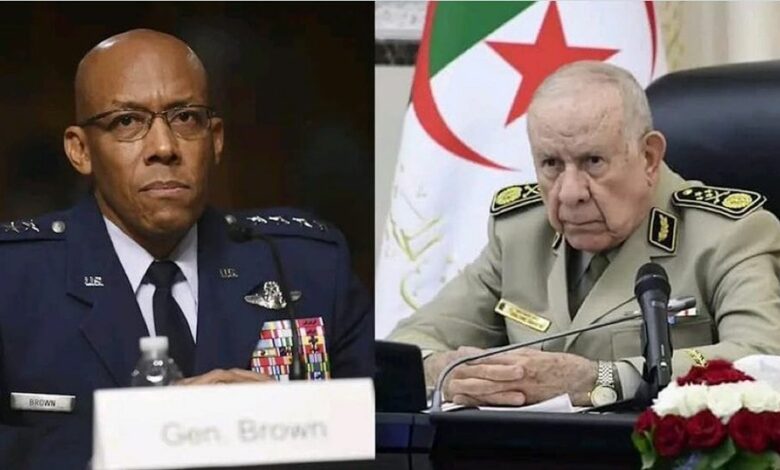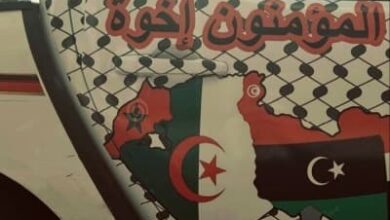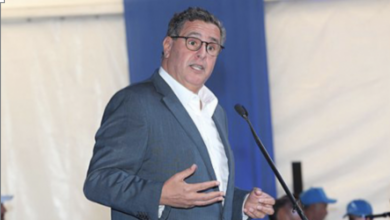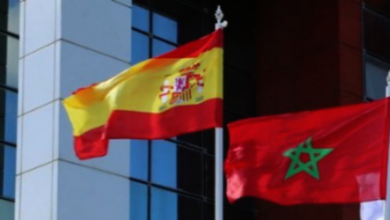Dangerous Gambling and the American Warning: How Algeria is Trying to Ignite the Region by Arming the Polisario

ALDAR/ Analysis
In a provocative move that reveals Algeria’s true intentions toward regional stability, Algerian President Abdelmadjid Tebboune hinted in an interview with the French newspaper L’Opinion at the possibility of arming the Polisario Front. This constitutes a direct threat to regional security and a blatant disregard for international efforts to resolve the conflict peacefully.
These alarming statements did not go unanswered. Algerian Army Chief of Staff Saïd Chengriha received a phone call from the Chairman of the U.S. Joint Chiefs of Staff, General Charles Brown, who did not hesitate to warn Algeria against any reckless military escalation.
Tebboune’s remarks reflect a state of confusion and turmoil within the Algerian regime, which is grappling with a severe political and economic crisis. In an attempt to deflect from its internal struggles, the regime seeks to create tensions with Morocco. However, resorting to military escalation—particularly by arming a separatist group—is nothing but a desperate gamble that will only deepen Algeria’s international isolation and expose it to potential sanctions.
Washington’s warning through General Brown underscores the firm U.S. rejection of any attempt to alter the status quo by force. The U.S. administration supports Morocco’s autonomy initiative as a realistic solution to the conflict and will not allow the Tebboune-Chengriha regime to destabilize the region through reckless military adventures.
Meanwhile, Morocco continues to strengthen its position diplomatically and militarily, securing broad international support for its autonomy plan. Recognition of Morocco’s sovereignty over the Sahara is increasing, further isolating Algeria on the international stage.
The Algerian regime’s attempt to play with fire by arming the Polisario will not go without consequences. Beyond the military risks, Algeria could face U.S. and international sanctions, as providing weapons to separatist groups could lead to its classification as a state sponsor of terrorism.
If Tebboune and Chengriha persist in this aggressive approach, Algeria will not only find itself confronting Morocco and its allies but also facing severe international isolation and economic pressures that could accelerate an unprecedented internal crisis.
Algeria must recognize that the era of proxy wars and military adventurism is over. The only viable solution to the conflict lies in dialogue under the auspices of the United Nations—not in fueling tensions through arms and destabilization. If Algeria continues to provoke Morocco and support a separatist movement with weapons, it must be prepared to pay a heavy price—politically, economically, and militarily.





